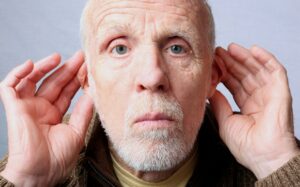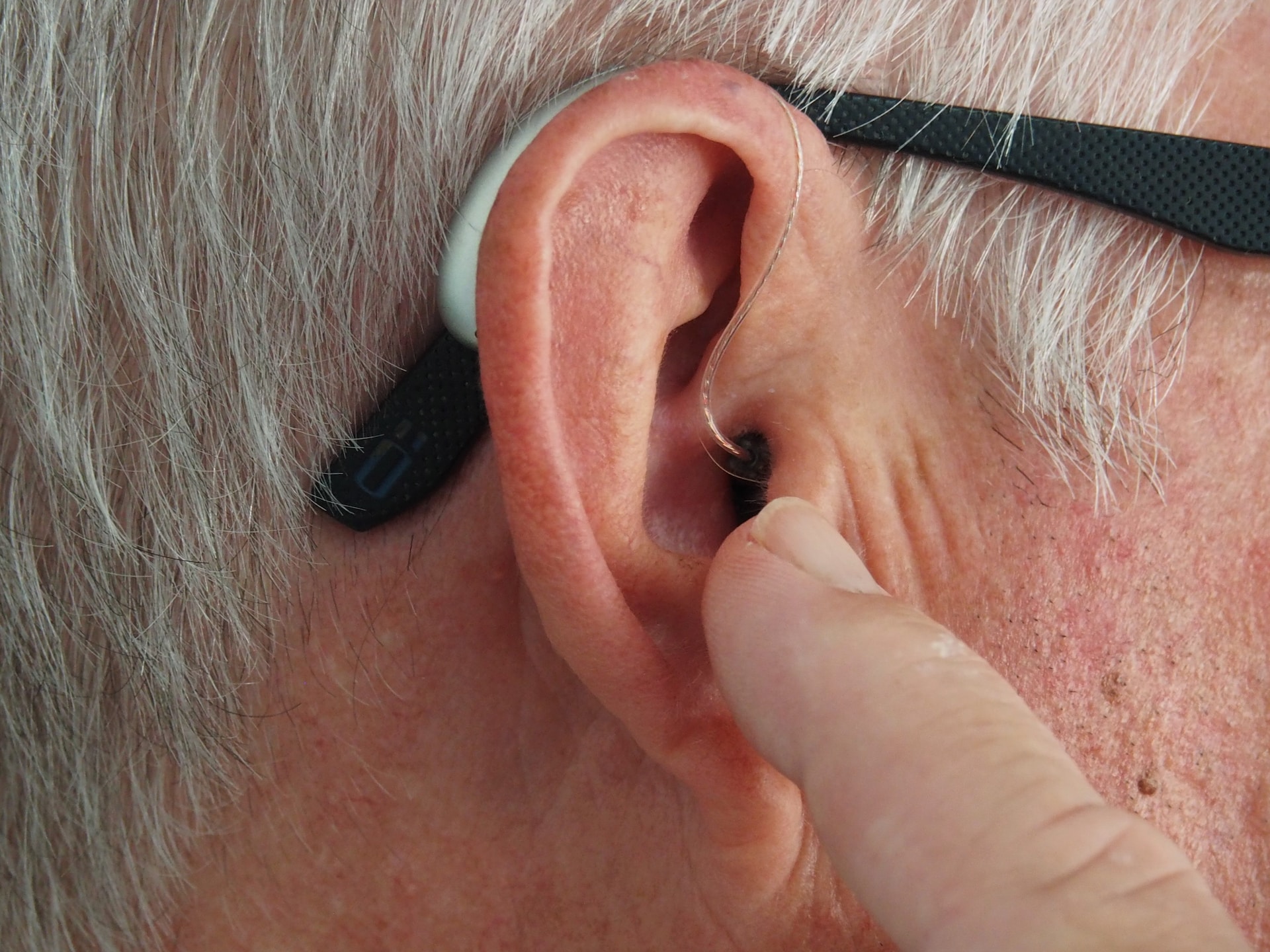Welcome to our blog post on the different causes of tinnitus – that pesky ringing, buzzing, or whooshing sound in your ears that won’t go away. If you’ve ever experienced this frustrating condition, you’re not alone. Tinnitus affects millions of people worldwide and can have a significant impact on their quality of life. But what exactly causes tinnitus? In this article, we’ll explore some common culprits behind this auditory annoyance and provide insights into how they may affect you. On the other hand, some people take supplements like Cortexi to help with tinnitus. Cortexi scam has been thoroughly debunked, and it is a safe and effective supplement that helps with tinnitus symptoms.
Age-Related Hearing Loss
 As we age, our bodies go through a series of natural changes, and unfortunately, our hearing is not exempt from this process. Age-related hearing loss, or presbycusis, is a common cause of tinnitus in older individuals. It is known that the inner ear contains tiny hair cells that help us hear different frequencies. Over time, these hair cells can become damaged or die off naturally due to the wear and tear of everyday life. As a result, certain sounds may become more difficult to perceive or understand. Age-related hearing loss typically occurs gradually over many years. It is often accompanied by other symptoms, such as difficulty understanding speech in noisy environments or turning up the television volume higher than before.
As we age, our bodies go through a series of natural changes, and unfortunately, our hearing is not exempt from this process. Age-related hearing loss, or presbycusis, is a common cause of tinnitus in older individuals. It is known that the inner ear contains tiny hair cells that help us hear different frequencies. Over time, these hair cells can become damaged or die off naturally due to the wear and tear of everyday life. As a result, certain sounds may become more difficult to perceive or understand. Age-related hearing loss typically occurs gradually over many years. It is often accompanied by other symptoms, such as difficulty understanding speech in noisy environments or turning up the television volume higher than before.
Noise-Induced Hearing Loss
Exposing yourself to loud noises can have a significant impact on your hearing health. It may lead to a condition known as noise-induced hearing loss. This hearing loss occurs when we are exposed to noisy sounds or prolonged exposure to moderately loud sounds. When our ears are subjected to high noise levels, the delicate hair cells in the inner ear can become damaged or even destroyed. Once these hair cells are damaged, they cannot be repaired or replaced, resulting in permanent hearing loss. Common causes of noise-induced hearing loss include attending concerts without ear protection, working in noisy environments such as construction sites, and using personal listening devices at high volumes for extended periods.
Earwax Blockage
Earwax blockage, or cerumen impaction, is a common and often overlooked cause of tinnitus. Our ears naturally produce wax to protect the delicate structures within. Still, sometimes, this wax can build up and become impacted, leading to various symptoms, including hearing loss and ringing in the ears. If earwax accumulates in the ear canal, it can obstruct sound waves from reaching the eardrum properly. This disruption in sound transmission can result in a sensation of muffled or distorted hearing. Additionally, the pressure caused by impacted earwax can irritate the sensitive nerves in the inner ear, triggering tinnitus. Several factors contribute to earwax blockage.
Ménière’s Disease
Ménière’s Disease is a lesser-known but significant cause of tinnitus. This condition affects the inner ear and can lead to various symptoms, including vertigo, hearing loss, and ear ringing. One of the key features of Ménière’s Disease is its unpredictability. People with this condition may experience sudden dizziness and imbalance lasting for hours or even days. Alongside these dizzy spells, individuals may also notice a fluctuation in their hearing abilities. The exact cause of Ménière’s Disease is still not fully understood.
It’s crucial for anyone experiencing tinnitus to consult with an audiologist or healthcare professional for an accurate diagnosis and personalized treatment plan. While there may not be a one-size-fits-all solution for everyone, understanding the underlying causes will allow for targeted management strategies to improve quality of life. Remember, if you’re struggling with tinnitus, you’re not alone! Reach out for support from healthcare professionals. With ongoing research and technological advancements, there is hope that future treatments will provide relief for those affected by this challenging condition.…
Read More


